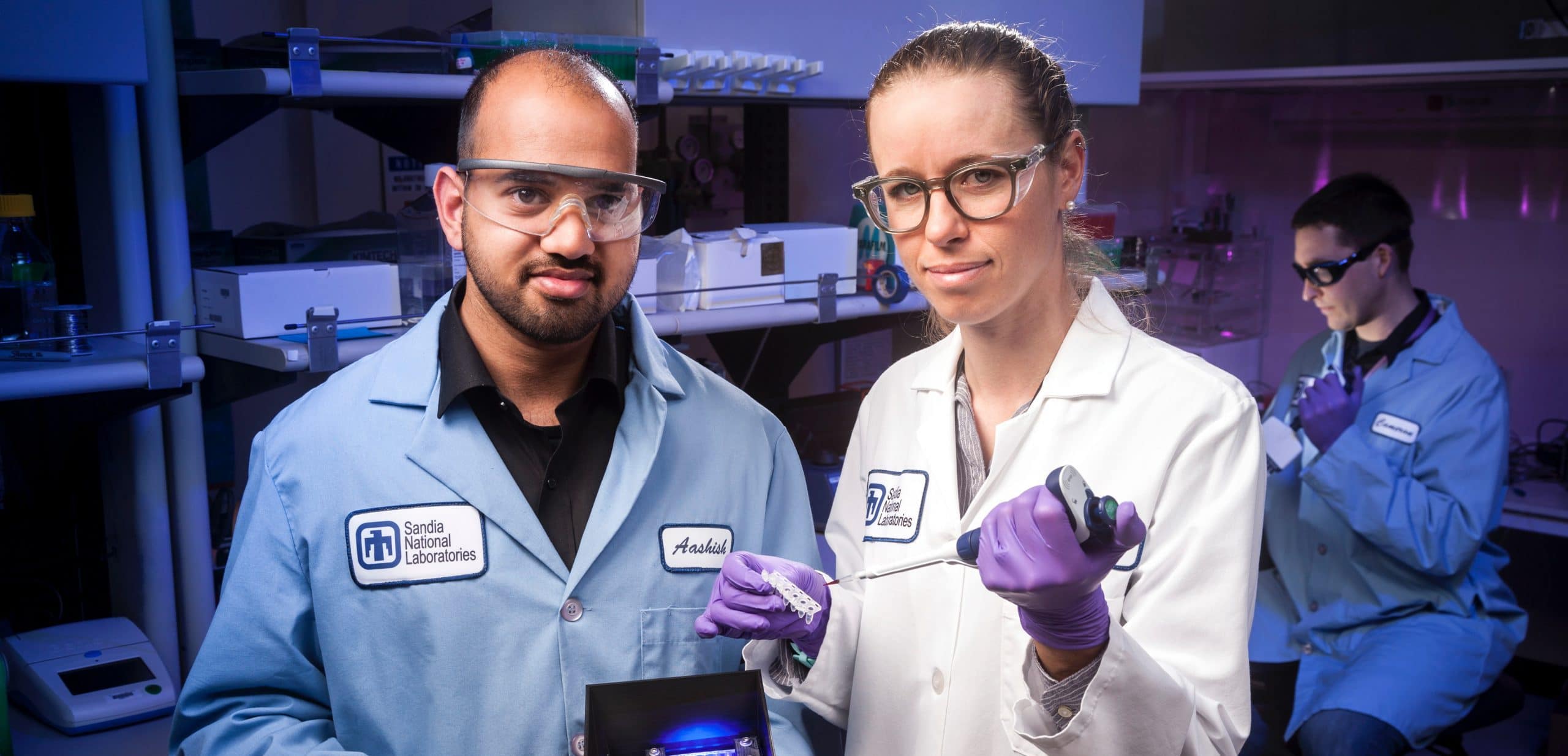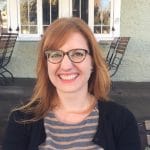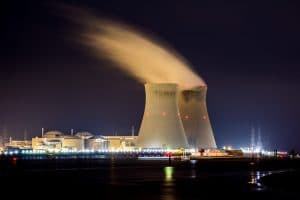In 2014, The Federalist published a piece by Tom Nichols entitled “The Death of Expertise.” I was really excited to read it because it gave structure and affirmation to something I could feel in the air. I highly recommend you pause and go read it before you read further here.
Back? Okay.
Nichols ended up expanding his argument into a whole book (which I confess I have not read. If you’re really interested, there is also this 3-minute video where he gives an overview.). This notion that Americans have abandoned most reliance on authority really hit a nerve. If you stop here for a moment to reflect, I bet you can think of specific instances where you’ve witnessed this attitude.
As I write this, we’ve entered the second year of the COVID-19 pandemic in the United States, and half a million people are dead from the effects and complications of the virus. I’ve heard first- and second-hand accounts of people my parents’ age dying of multiple strokes, with blood coagulating like canned cranberry sauce in their legs, and stories of young parents bedridden for an entire month, unable to comfort their confused kids and almost passing out when they’ve returned to work. I’ve read the articles from reputable publications that describe the lung scarring from even mild-to-moderate cases. I personally know one long-hauler. My friends in healthcare are exhausted and despondent. Yet, in South Florida where I live, few are following the CDC’s recommendations to avoid gatherings and indoor public spaces. I mean, who’s the CDC to tell us what’s safe and what’s not, right? Irony aside, why don’t we follow the CDC’s guidelines? Do we believe they’re dishonest or politically-motivated? Do we believe they are likely to play it really safe, safer than needed? Do we rationalize that “they don’t know how safe I’M being”? Do we care more about our economy, our business, our church’s finances, our baby shower? Are we just too apathetic, bored, and lonely at this point to keep up the good fight? Is an invisible problem just powerless to reach us?
And why don’t we care about climate change? David Attenborough literally made a witness statement, a plea-film (it’s on Netflix) to beg us to pay attention to the warning signs and to consider the horrific fallout. To make some manageable changes for our long term wellbeing. Myriad trained experts provide detailed information on what is happening, what will happen, and what we need to do. We watch our states burn down, freeze out, and flood. We endure ever-worsening hurricanes, tornadoes, and random storms we have to investigate categorization to name. Yet, most American voters aren’t listening (except those Gen Z kids, who will probably save our dumb butts). Because scientists are boring and out of touch with real day-to-day life, right? What do they know?
Engineers warn us about fragile bridges many times before they crumble under cars, leaving children without parents and parents without their children. They warn their superiors about new planes that aren’t ready to fly, medical test equipment that doesn’t work, and buildings that are one mild earthquake from toppling. We have no money or time for these warnings. What do engineers know, right?
There are other examples of ignored expertise from economics to education to public works. Et cetera, et cetera.
I’m a Millennial. I started using the Internet at home for fun, for curiosity, and (finally) for school in the 7th grade. I’m quite used to having all the information I’ll ever need (“she said foolishly”) at my fingertips. I don’t believe this has made me ignore authorities in fields that are unfamiliar to me. I’m still interested in what financial planners have to tell me about savings and budgeting and investing. I still care about my blood test results and those 9 cholesterol points I have to bring down because the medical experts say cholesterol only builds with age. I defer to my mechanic when he tells me my air conditioner compressor exploded, and I pay him to fix it.
But you know what else? I was listening to a podcast where the guest had edited a Best American Short Stories collection, and I thought to myself, we still do that? We still have some random writer or editor compile their personal favorites and call it the “best”? There was a time when I was a starry-eyed college student, aspiring to write, when I would have absolutely killed to be included in something like that. It was my wildest dream. And now, I just think it’s ridiculous. What happened?
And–full, unflattering confession–as a churchgoer, I have become extremely critical of my teachers as I read more challenging theology, listen to more podcasts, and meet more people of different faiths and worldviews. If I sense that my teachers haven’t been keeping up with the news or reading any books published in the last five years or talking to learned people of different traditions, I start to feel a little smug and a little annoyed. I quietly ask myself, why am I listening to this? I know more than he does. (Welcome to my ugly inner world.) I wasn’t always like this, and I certainly don’t think that’s a Spirit-led attitude. What happened?
So what I intend to do in a few parts is to explore this so-called “death of expertise.” I’d like to look at the positives and negatives it has wrought. And I’d like to ask myself (and you, patient hostage), where do we go from here?
Reality Changing Observations:
1. Which experts (individuals or institutions) do you trust most? Why?
2. Think of an institution you know you don’t trust. Why don’t you trust them?
3. If you have children, grandchildren, or nieces and nephews, what attitude do you observe in them when it comes to experts and authorities? Where do you think this attitude comes from?






